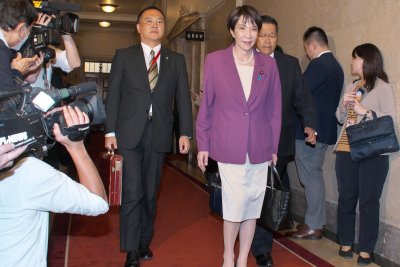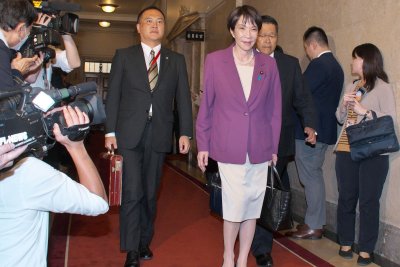German Governing Coalition’s Internal Divisions Threaten Reform Agenda
German Chancellor Friedrich Merz is facing challenges in implementing key policies on pensions and military service, raising concerns about political instability in Germany. Merz’s conservative party and the center-left Social Democrats formed a coalition five months ago to ensure stability after a previous coalition’s collapse. However, this new coalition has a slim parliamentary majority and has experienced internal tensions since its formation, particularly after Merz became the first chancellor to fail re-election in the first voting round.
While coalition leaders maintain a good working relationship, they struggle to manage their lawmakers. Many conservatives are dissatisfied with the compromises made, which conflict with their campaign promises. Merz, lacking prior government experience, has adopted a hands-off approach to internal conflicts. Political experts caution that the coalition may not implement significant changes if it continues along its current path, driven by distrust among parties, differing ideologies, and the challenges Germany faces.
The coalition must act quickly as Germany’s economy is facing its third year of decline and security issues with Russia complicate matters, especially given uncertainties with the United States as a security partner. Proponents argue that the bill for voluntary military service, which may lead to reintroducing the draft, is crucial for strengthening Germany’s armed forces. However, Defense Minister Boris Pistorius’s timeline for implementation by 2026 now appears uncertain.
Political turmoil in Germany follows a string of French government collapses, raising concerns about political paralysis and increased support for far-right parties. The Alternative for Germany (AfD) is gaining popularity as support for the conservatives and Social Democrats wanes. Conservative youth lawmakers threatened to withhold support for a pension bill that freezes pensions until 2031, arguing it fails to address financing issues amidst an aging population.
Meanwhile, disagreements about military service proposals between the coalition parties created additional tensions. A proposed compromise was rejected by Pistorius, which prompted some cancellations in joint events. Analysts believe that while the coalition is likely to reach new agreements, they may be fraught with complications and eroded trust. Merz is criticized for not intervening in coalition disputes and for focusing on foreign policies, which has contributed to a significant drop in his approval ratings, making him one of the least popular chancellors recently.
With information from Reuters


